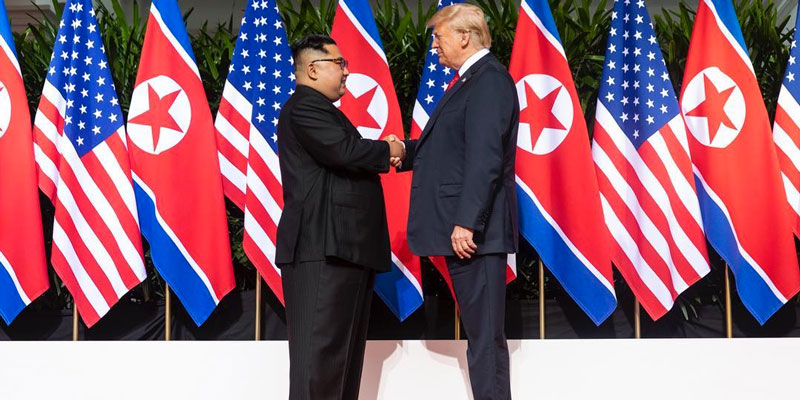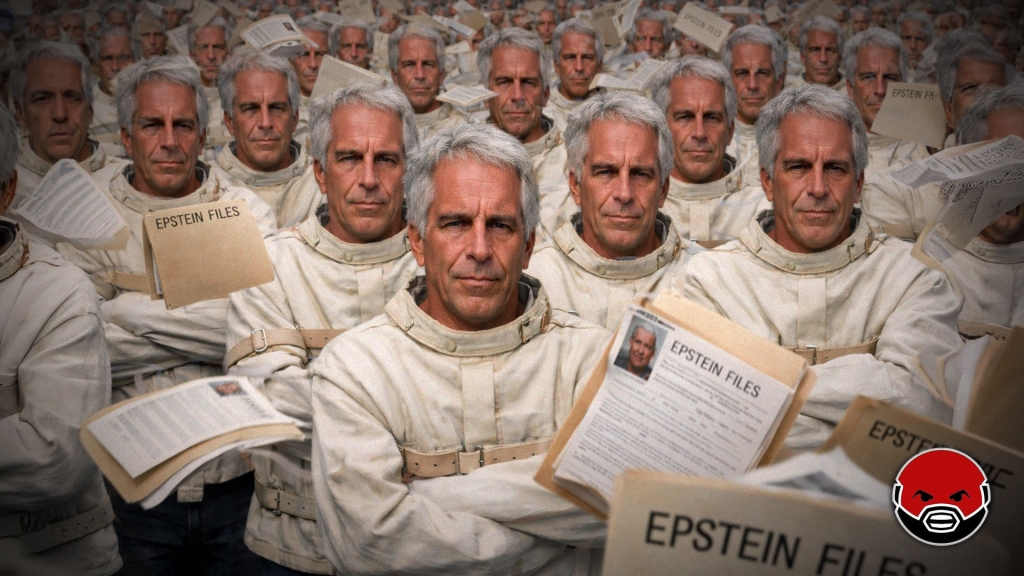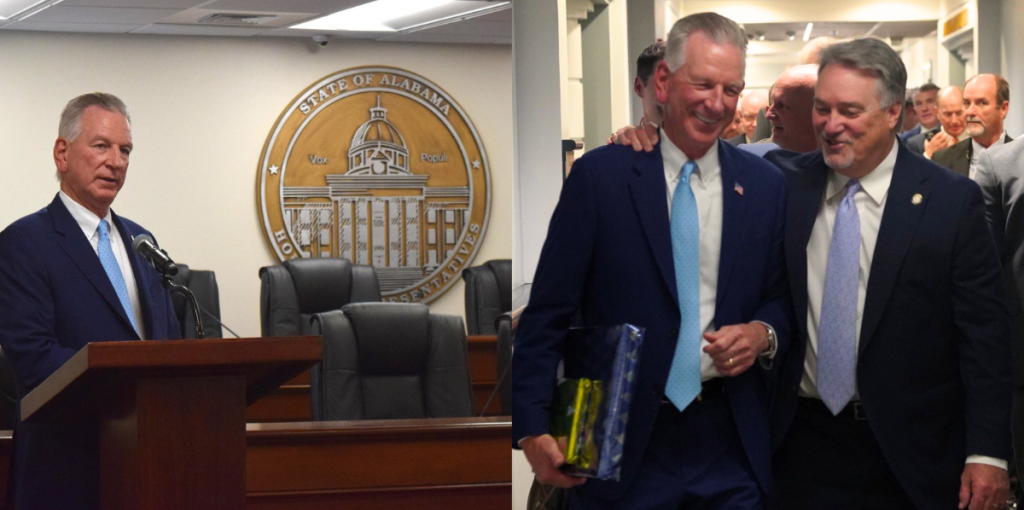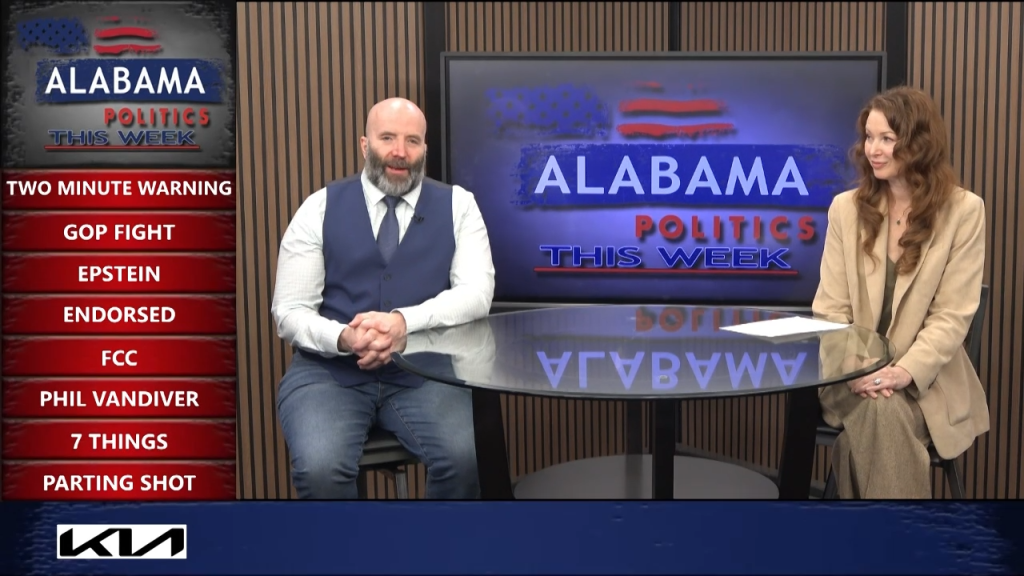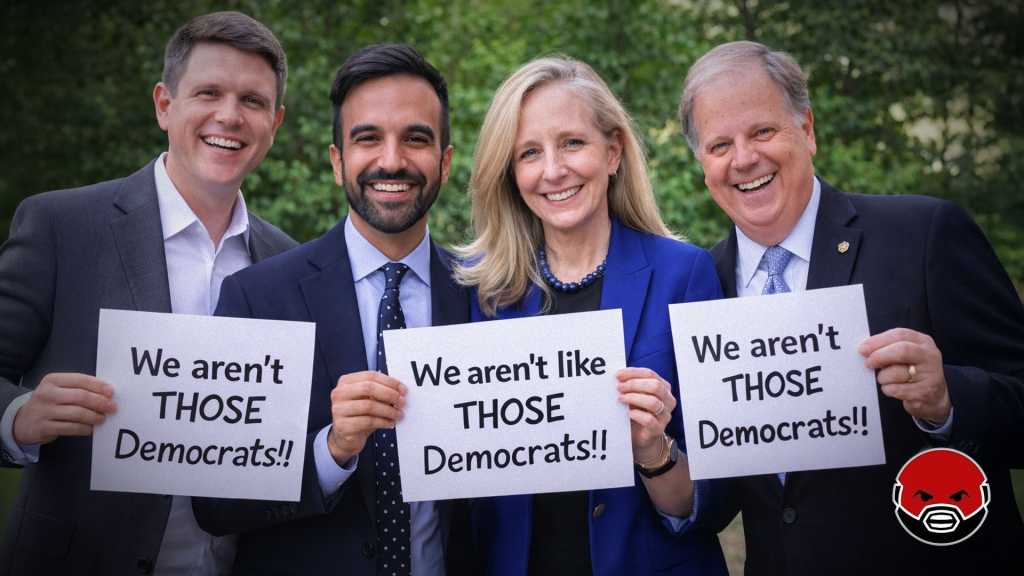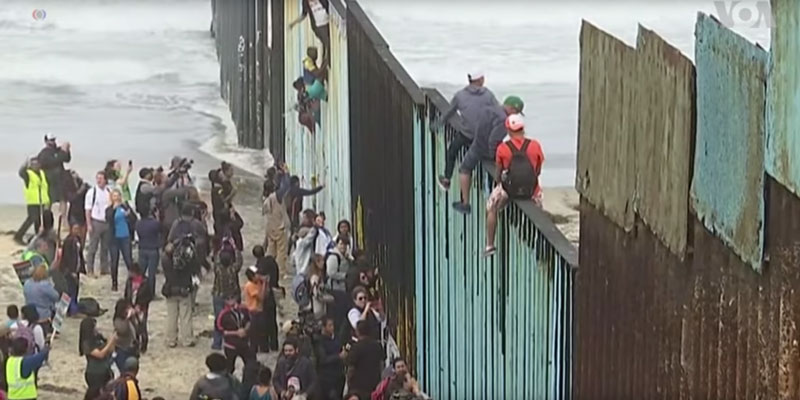Listen to the 10 min audio
Read the transcript:
HISTORIC AMERICA/NORTH KOREA SUMMIT — HOW DID IT MEASURE UP?
TOM LAMPRECHT: Harry, June 12th is a day that many of us will remember for a long time. No doubt, it could go down as a very significant day in the relations between the United States and the people of South Korea and the people of North Korea. That, of course, is the date of the Singapore summit. Let’s just take a look at that today now that the dust has settled.
DR. REEDER: There’s a backstory to this that I want to get to that I think is really important.
FIRST AGREEMENT: TO ESTABLISH PEACE
TOM LAMPRECHT: There are four very broad bullet points that both Kim Jong Un and President Donald Trump signed. The first bullet point says: “The United States and North Korea commit to establish new U.S.-North Korea relations in accordance with the desire of the people of the two countries for peace and prosperity.”
DR. REEDER: Whenever you hear that, you are reminded immediately, from a Christian world and life view, “Blessed are the peacemakers.” We have said many times that war is never a foreign policy instrument; war is the failure of foreign policy. While foreign policy can never be peace at any cost, there needs to be a peace and people being willing to pay a cost.
To have peace not simply between the North Korean nation and the United States, to have that as an objective, is certainly desirable but even more so, if you’ve lived in South Korea, you would desperately want peace as well.
That raises the specter of the distinct possibility of the greatest desire of many of the South Koreans that I know and that great desire is a reunification of the Koreans. They look at it this way: if the wall can come down in East Germany and West Germany and they can be reunited, then cannot the line of demarcation, the 38th parallel, eventually be erased and there be a reunification of the Koreans?
Of course, something has got to happen in North Korea, which deifies its dictator and he has unfettered authority and control, which never can be a part of the reunification, but they see this as a possible step. And I was actually with a large number of South Koreans and those who, at one time, were in North Korea that were refugees and are now pastors in the Presbyterian Church in America. I was with a large number of them while all of this was going on and their hopefulness is unbounded.
They said, “You have no idea our tears when we saw Kim Jong Un shaking hands with our president and what that could possibly lead to.” And those who, of course, I was with, they are distinctly praying for that. In fact, one president of a seminary who is Korean, when I was talking with him, the tears were welling up in his eyes at the thought of the possibility.
SECOND AGREEMENT: LASTING PEACE (AND POSSIBLE REUNIFICATION?)
TOM LAMPRECHT: Harry, the second bullet point is very similar to the first, although it talks about the lasting and stable peace. “The United States and North Korea join their efforts to build a lasting and stable peace regime on the Korean peninsula.” This might be a good time to bring up the fact that there was something missing from this agreement and that was the human rights issue in North Korea.
DR. REEDER: The backstory that everyone is saying, of course, is that it is on the table and it is being talked about. There will be no progress, ultimately, to this treaty without the affirmation of human rights — that is what is being promised — but I find it troublesome that it was not on the front burner and not stated upfront and even the highlighting of those who we know right now — American, Japanese and South Koreans — that are in these horrendous situations, imprisoned and tortured.
Particularly, of course, we are fully aware of the large number of Christians in North Korea that have come under this torture. I am actually making a personal plea and initiative to our present administration that this not simply be assumed that it’s going to be worked on, but that it be made a front piece issue in the conversations.
THIRD AGREEMENT: DENUCLEARIZATION
TOM LAMPRECHT: Bullet point three reaffirming the April 27th, 2018 declaration: “The North Koreans commit to work toward complete denuclearization of the Korean peninsula.”
DR. REEDER: Now we’re back to something positive. No longer is it nuclear control and no longer is a nuclear simple treaty over freezing the number of nuclear weapons. Most discussions in the past have simply been around, “You can’t do testing. You can’t make advances,” and simply retarding the nuclear program of North Korea.
This treaty has put on the table, front and center, the denuclearization of the entire Korean peninsula. There still remains some definition to that, but that is a pretty clear statement that I find extremely encouraging, which is why it was important to declare the United States commitment to the security of the Korean peninsula if, in fact, our treaty would insist on their removing nuclear weapons.
And immediately comes to mind President Reagan’s language that any such commitment has to have not simply a trust factor, but a verification factor. That was something that is, in a meaningful way, missing in the Iran treaty. What you will look to is trust, confirm and verify of the commitment to denuclearize.
FOURTH AGREEMENT: RETURNING OF AMERICAN SOLDIERS’ REMAINS
TOM LAMPRECHT: Point four apparently was added during the discussions between Kim Jong Un and Donald Trump: “The United States and North Korea commit to recovering POW/MIA remains, including the immediate repatriation of those already identified.”
DR. REEDER: That would include those who have died having been imprisoned during the Korean conflict. I think that was an important addition that needs to be able to bring a focus to their grieving process and some closure to it. That was an important issue.
THIS IS A GREAT POINT WHERE CHRISTIANITY CAN RETURN
TOM LAMPRECHT: Harry, I guess the big question many people are asking is what is different this time?
DR. REEDER: Part of the reason they got to the table was, in some form or fashion, the present administration was able to get the Chinese to bring some pressure to bear upon Korea and, therefore, the hollowing out of their economy.
They are at a very precarious position in their economy where things just cannot continue. They’re fully aware of that and now, hopefully, China will maintain that pressure, very much the way the pressure of the economy brought the Iron Curtain down and the East German economy and the Russian economy just came to a hollowing out and they could not exist and, therefore, an unheard-of openness to relationships was established with the “Communist Bloc” under the Reagan presidency. In whatever form or fashion, in this moment, the same thing seems to be happening in North Korea.
GOD HAS ACTED IN NORTH KOREA BEFORE; HOPING HE WILL AGAIN
I am praying that, through all of this, an open door for missionary work is going to be established, some way, somehow. I remember our missions pastor who has now gone to be with the Lord, Tom Cheely, he and I used to pray directly that we could see the Gospel go to North Korea unfettered and I believe that is the greatest hope for the reunification.
Tom, why is it that there are so many Christians in Korea? What many people do not know is that Pyongyang was the epicenter of a revival in the late 19th and early 20th century in Korea. It was led by evangelical Presbyterians and, right there, in Pyongyang, was the place where the epicenter was. In fact, the very first seminary is on a hill right there in that capital city. It has been taken over by the communist government and actually made a museum of communism, but the building is still there and I am praying that again, one day, there is going to be an evangelical reformed Presbyterian seminary again — if not, then I’m more than happy for it to be an evangelical Baptist seminary — but I am praying for that to happen.
One of the reasons there are so many Christians in South Korea is how many fled from North Korea at the conclusion of the Korean conflict and went to South Korea. The actual epicenter of the Korean revival and awakening in the 20th century was not in South Korea but it was in North Korea and the Korean war pushed them south because of the persecution that was brought to them.
They are all praying that they will be able to go back north, they have family there, they have churches that are still there and they want that Gospel door to open up again. When you hear that name, Pyongyang, remember that was the epicenter of a Gospel movement. Pray that it will again happen.
And the symbol for me, Dr. Joel Kim, the president of Westminster Seminary, shared in such a powerful way in a talk that I heard him give, is that seminary on that hill one day will no longer be claimed for use to display Communist history, but will be liberated and again the teaching of the word of God and the training of Gospel ministers will again take place and that’s my great hope right now in Korea.
Dr. Harry L. Reeder III is the Senior Pastor of Briarwood Presbyterian Church in Birmingham.
This podcast was transcribed by Jessica Havin, editorial assistant for Yellowhammer News, who has transcribed some of the top podcasts in the country and whose work has been featured in a New York Times Bestseller.
Podcast: Play in new window | Download
Subscribe: RSS




